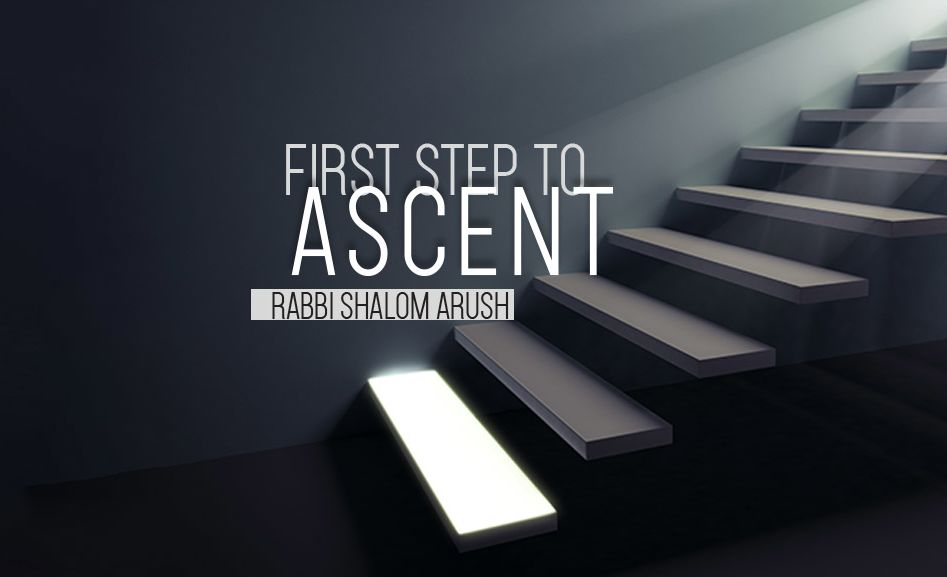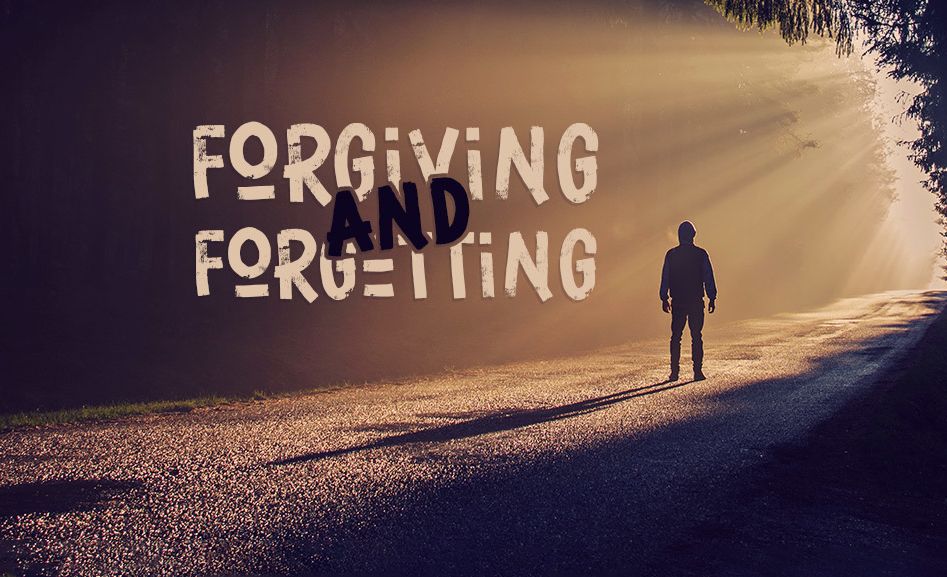
Proper Spiritual Arousal
So what if you made a mistake? Being sad and disappointed in yourself doesn't solve a thing. Fortunately, there's a time when it's easy to rectify...

Elul is a special time for spiritual arousal. All over the Jewish world, there are conferences, get-togethers and extra self-strengthening lessons and lectures to help prepare us for the awesome annual Day of Judgment on Rosh Hashanah. Yet, some people react improperly to the Torah lessons they hear or Torah books they read. When they discover that their behavior or actions are wrong or inappropriate, they become sad and disappointed, oftentimes persecuting themselves. They miss the entire point and fail to make teshuva!
Why don’t they make teshuva? A sad person can’t make teshuva. Also, a person who lacks emuna can’t make teshuva. True effective teshuva requires a lot of prayer, and to pray properly, one needs the emuna that Hashem will hear his prayers and come to his aid. Whereas fretting and despair contribute nothing to self-rectification, prayer and teshuva are the proper way to spiritually arouse oneself and to correct whatever needs correcting.
Self-persecution and the feeling of inadequacy are prevalent in this generation. That’s not the way to go! Prayer is the only true mode of self-help. Everything is in Hashem’s hands, so we must seek His help in every single endeavor, and especially in rectifying ourselves.
A person must repeat to himself over and over the principles of emuna, particularly that there is no one but  Hashem and He alone did, does, and will do everything on earth. Emuna must become second nature to the extent that we feel and know that everything is in Hashem’s hands.
Hashem and He alone did, does, and will do everything on earth. Emuna must become second nature to the extent that we feel and know that everything is in Hashem’s hands.
We are faced with many obstacles in doing Hashem’s will. They too are from Hashem, to get us to pray and seek His help. The evil inclination that tempts us constantly and always tries to trick us is also from Hashem! Our job is to pray: “Hashem, I have so many obstacles in doing Your will! You know the personal problems I have and the pressures of family and making a living. Yet, I want to do what You want me to! Please help me! Have mercy on me, Hashem, and help me cling steadfast to my emuna and to overcome all the obstacles.”
For example, suppose a person wants to travel to Uman for Rosh Hashanah. He must overcome a myriad of obstacles. Sometimes, his boss won’t let him take the extra days off. Sometimes he lacks money for a ticket and lodging. Sometimes his wife, his in-laws or even his community rabbi object to his going. Yet we’ve seen with our own eyes how people have overcome apparently insurmountable obstacles such as total lack of funds or lack of a passport simply by desiring enough to pray for hours on end. The spiritual ploy of a six-hour personal prayer session has transported many penniless pilgrims to Uman and to the holy grave site of the tzaddik. As soon as a person receives his “Heavenly visa”, he quickly obtains his visa to travel down here on earth.
Since a person doesn’t believe that everything depends on prayer, he racks his brain and breaks his back looking for a solution that’s “in his power”, so to speak. Then, when things don’t go the way he wants them too, he’s even more disappointed. Force doesn’t solve the problem; neither does disappointment.
Disappointment and self-persecution are lies. Why blame yourself? You’re not in control – Hashem is! So instead of persecuting yourself, channel your emotional energies into seeking Hashem’s help. Then, you’ll be able to implement your good desires, make teshuva and get close to Hashem.
We all must understand a critically important fundamental: although Hashem determines everything, we have the free choice to desire and to pray. Any person who is unaware of this spiritual fact is a candidate for disappointment and depression anytime things don’t go his way. He lacks patience and wants things to change immediately; when they don’t, he remains in darkness. This is a result of his lack of emuna, especially his lack of belief in the power of prayer. Such people must frequently learn the hard way that life is beyond their control, and that their task is to pray. Prayer uplifts a person from lust and bad habits, and is therefore the key to true personal freedom.
If a person turns to Hashem anytime he has a setback, knowing that only Hashem can help him, he stops persecuting himself. Teshuva becomes a lot less difficult; indeed, he’s happy to seek Hashem’s assistance in bettering himself. And even if he does lack desire, he’ll pray to Hashem and ask for desire, thus implementing the right advice and the best conditions for serving Hashem. Don’t ever forget that. Meanwhile, we’re looking forward to seeing you in Uman…










Tell us what you think!
Thank you for your comment!
It will be published after approval by the Editor.